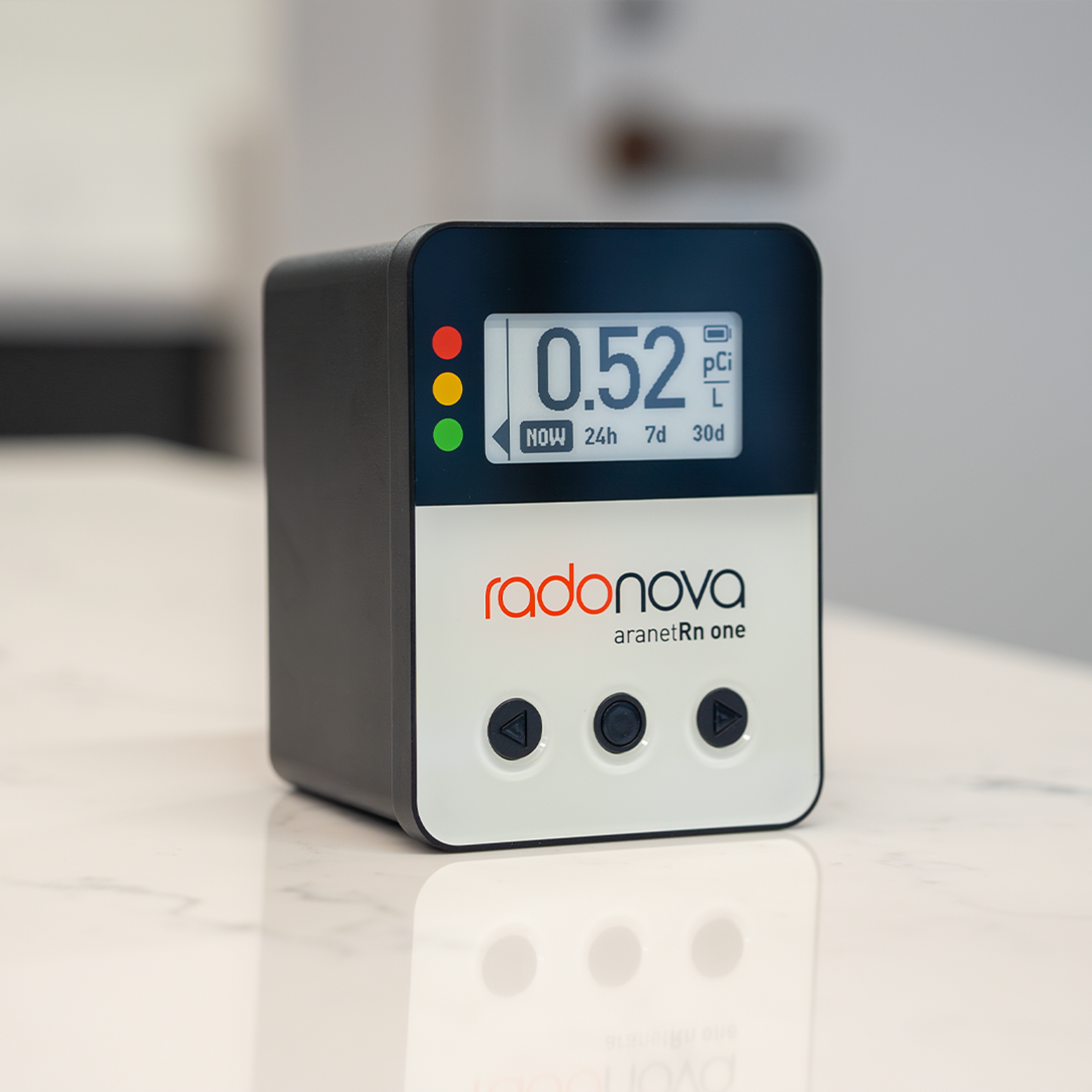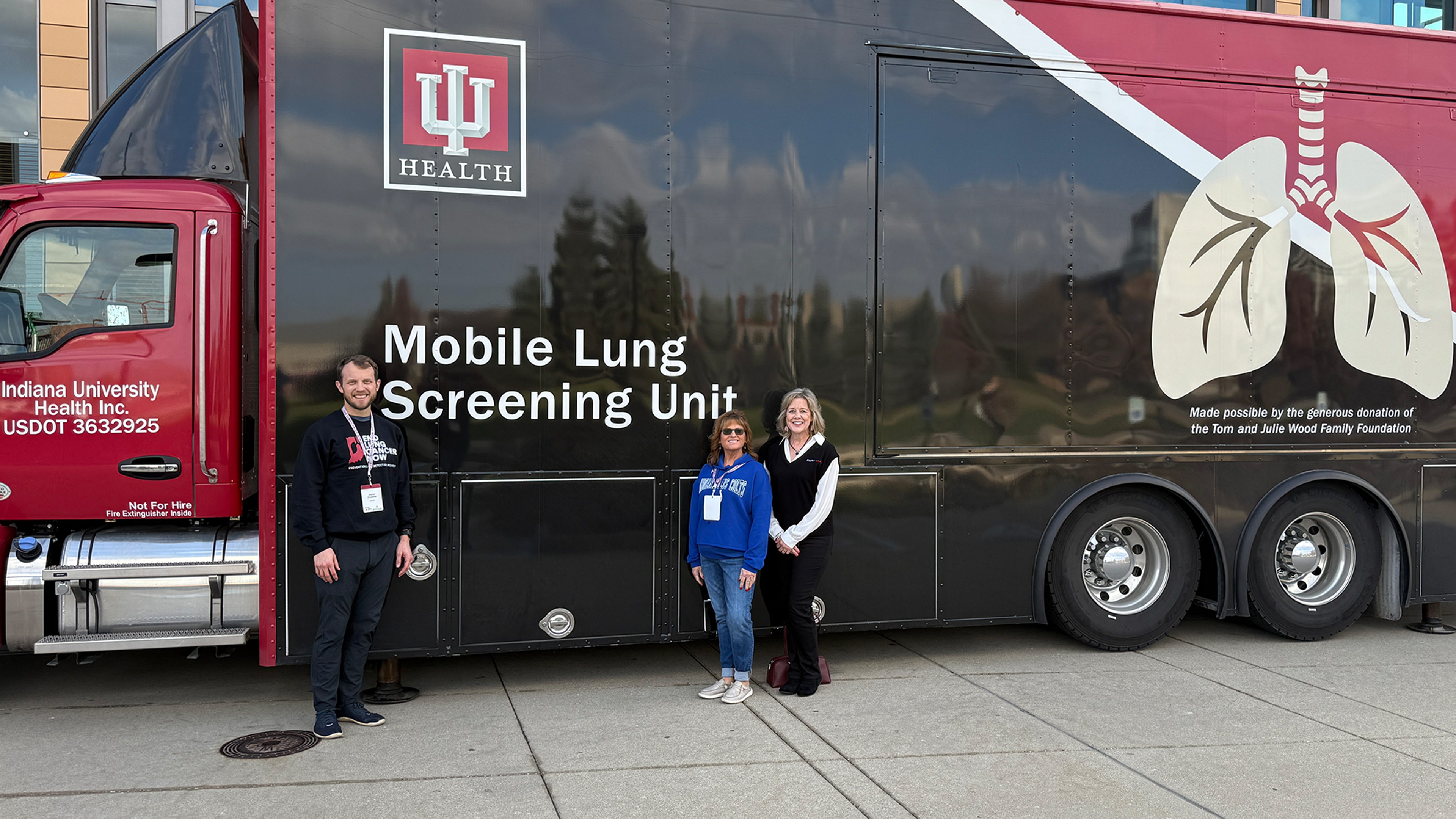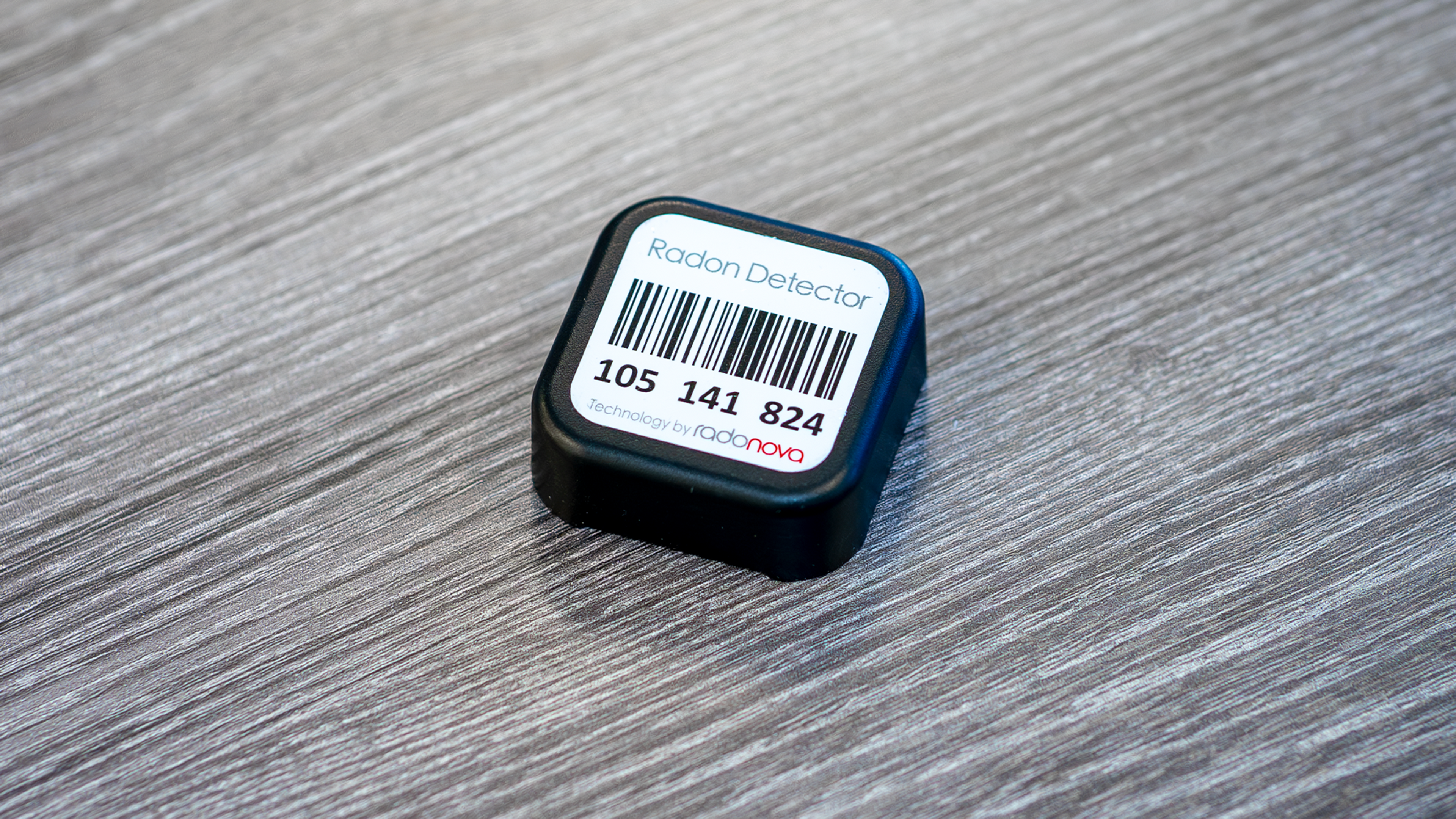

Radon Testing in Daycares: What You Need to Know About Compliance and Risk
Daycare centers can be a source of radon exposure to young children. Preschool aged children spend time crawling, sitting, or sleeping on the floor where radon enters a house or building. Many home daycares are set up in a home basement where radon levels can be the highest.
All 50 states as well as many local governments have established health and safety standards for licensed child care providers. Testing for radon is part of a comprehensive child care center and home daycare safety program. With children spending 8 to 10 hours per day in daycare, it is essential to make sure the air they breathe is safe (and for the child care providers as well). Parents also need the assurance that their beloved family members are in a safe child care environment.
State radon in daycare center regulations – United States
For states that address radon in child care facilities, the most common approach requires it as part of attaining or renewing a child care license. States that require radon testing for licensed child care facilities include Colorado, Connecticut, Florida, Idaho, Illinois, Iowa, Maryland, Michigan, New Jersey, New York, Wisconsin, and Rhode Island. Most states require radon testing for an initial child care license and some states require continued testing every two to five years. The radon test can be completed by a child care center employee or by a certified professional.
Some regulations only apply to either center-based child care facilities or home-based daycares while some regulations apply to both types of child care facilities. For example, Michigan only requires radon testing in home-based daycares. Most regulations also require radon mitigation if the radon in the child care center measures at the action limit of 4.0 picocuries per liter or higher to reduce the radon level.
There are several differences among state requirements. For instance, as noted in the Environmental Law Institutes “Radon in Child Care: Review of State Policies”, some states have radon testing requirements for child care centers that are not part of attaining a license. Instead, those states have health department codes or specific radon testing and mitigation regulations. Because of the variation among state requirements, it is important for child care centers to investigate and comply with the requirements within their state.
Provincial radon testing in child care centers – Canada
Yukon and the health region covered by Interior Health in British Columbia have made radon testing mandatory in daycare centers .If necessary, radon mitigation is also required.
Alberta has passed the Radon Awareness and Testing Act that has yet to become a law. Once enforced, it will require radon testing of child care facilities when applying for or renewing a child care license. If the radon levels are high, 200 Bq/m3 or higher, the child care facility will need to provide a radon reduction plan as well.
Other provinces recommend radon testing and, if needed, radon mitigation for daycare centers. However, it is not mandated. Health Canada also recommends radon testing in all residential homes and public buildings occupied more than four hours a day, which includes daycare centers.
Radon risk for children
Radon is the leading cause of lung cancer in nonsmokers and the #2 cause of lung cancer after smoking. It is an odorless, colorless gas that seeps into homes and buildings through cracks in foundations, floor joints, sump holes, and basement walls. Once indoors it becomes trapped where we inhale it as we breathe.
When inhaled into the lungs, radon decays into radioactive alpha particles. These radioactive particles damage the DNA of cells that line the lungs and lead to lung cancer. Children are particularly susceptible to the adverse effects of radon exposure due to their developing respiratory systems, smaller lungs, and faster breathing rates.
Long-term exposure to radon causes lung cancer. The earlier in one’s life that a person is exposed to radon, the more damage their lungs incur over their lifetime. This not only puts children at greater risk of developing lung cancer, but of developing it at a younger age.
Protect children and child care workers
Children often spend 30-50 hours per week in child care facilities, as do their teachers and caregivers. If radon is high in these facilities, it puts all parties at risk for developing lung cancer. For home daycares, it also puts those who live in the home at risk.
Radonova offers three types of daycare radon test kits in addition to a continuous radon monitor for use by radon professionals. Wondering what you need to test for radon in your state or province?
The air children breathe in today can affect their health decades from now.
Contact us at Radonova and we will help you comply with regulations in your area and help protect our children.
Click here to stay informed about radon industry news and product discounts.
Published
June 23, 2025




